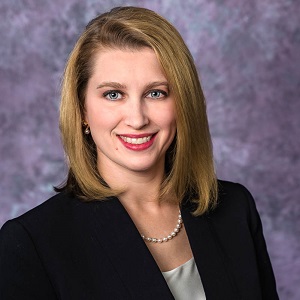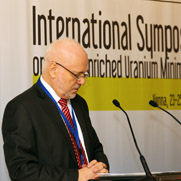
Corey Hinderstein
Vice President, International Fuel Cycle Strategies
Co-hosted by Austria, Norway and the Nuclear Threat Initiative (NTI) in cooperation with the International Atomic Energy Agency (IAEA), the 2nd International Symposium on HEU Minimization built on the results of the first Symposium in Oslo in 2006. The Vienna Symposium revisited the issue of highly enriched uranium (HEU) minimization, reviewed the progress made and scope of efforts to date, remaining challenges and possible new measures to address them. Support for minimization of civilian HEU is growing – this has been reflected at the 2010 Nuclear Non-Proliferation Treaty review conference and the 2010 Nuclear Security Summit. The Symposium focused attention on HEU minimization in the civilian nuclear complex around the world, provided realistic policy discussion and elaboration, and facilitated a dialogue about national and international efforts to minimize and eventually eliminate the use of HEU in the civilian sector.
Read the summary of the Symposium.
Monday, January 23, 2012
Welcoming Remarks
Opening Keynote Address
Panel 1: HEU-Fuelled Operating Facilities and Remaining Challenges
Panel 2: HEU Minimization Successes: Technical, Political and Economic Drivers
Tuesday, January 24, 2012
Panel 3: HEU Minimization Challenges in the US and Russia – Political, Technical and Economic Issues
Panel 4: Global HEU Minimization Challenges – Political, Technical and Economic Issues
Panel 5: International Cooperative Efforts – Governments, Industry and International Organisations
Wednesday, January 25, 2012
Panel 6: High Level Policy Views on HEU Minimization
